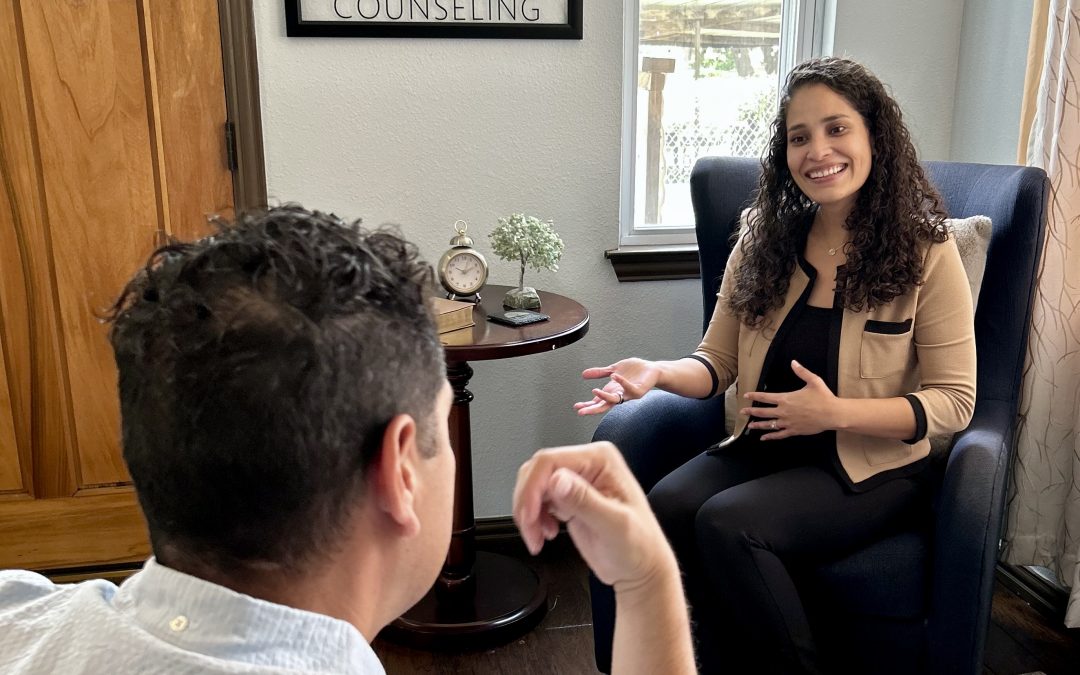
Phil Hardberger Park: Hidden Gem near Shavano Park
Hey there, San Antonio neighbors! Let’s chat about a hidden oasis in our 78230 area, just a hop away from Shavano Park—Phil Hardberger Park. This isn’t your average blog; we’re here to explore how this green haven can be your go-to spot for healing, especially when life throws some tough punches your way. So, grab your favorite beverage, settle in, and let’s uncover the therapeutic wonders of Phil Hardberger Park, blending nature vibes with a touch of wisdom for your journey to tranquility.
Phil Hardberger Park: Where Chill Meets Healing in 78230
Picture this: the city hum fades away, replaced by the gentle rustle of leaves, fresh air, and abundant sunlight. Phil Hardberger Park, nestled in the heart of our San Antonio community, is more than just a park—it’s like a big, green hug for your soul. And it’s just a few minutes from our La Luz Counseling home office! Want to know more about fun vibes in nature and sun, read more here.
Here’s why this spot is undeniably awesome:
- Nature Vibes for the Soul: Nature has a unique way of making you feel warm and fuzzy inside, doesn’t it? The park takes that natural therapy to the next level. Whether you’re strolling the trails or finding a serene spot, the surroundings are therapeutic for your mind. There are numerous forms of therapy we can incorporate into our daily lives, promoting health and bringing us closer to joy and healing.
- Breathing Space for Your Brain: Life can get chaotic, and sometimes, you just need a moment to catch your breath. Phil Hardberger Park offers the perfect chill zone—a personal pitstop away from the hustle, giving your brain the space it needs to hit the reset button.
“Be still and know that I am God; I will be exalted among the nations, I will be exalted in the earth.”
This verse brings comfort and reassurance, urging us to find peace in moments of chaos by acknowledging a higher power. It encourages trust in divine wisdom, even amidst challenges, advocating for a moment of stillness to reflect on this truth.
Connecting with Cool Peeps on the Healing Journey: Feeling like you’re navigating the healing journey solo? Fear not! Phil Hardberger Park naturally brings people together. A nod to a fellow walker or a shared smile on a bench—these little moments make a significant difference.
Conclusion:
As we wrap up our laid-back conversation about Phil Hardberger Park, remember: healing isn’t a sprint; it’s a marathon. Whether you seek a quiet moment, nature therapy, or a vibe that resonates with you, this park’s got it all. La Luz Counseling is here, cheering you on, saying, “Make Phil Hardberger Park your 78230 chill zone!” Take that first step, soak it in, and let the good vibes roll. Because it’s so close to our La Luz Counseling office, you could even hit up both locations in one day! You’ve got this. 🌿✨









Recent Comments